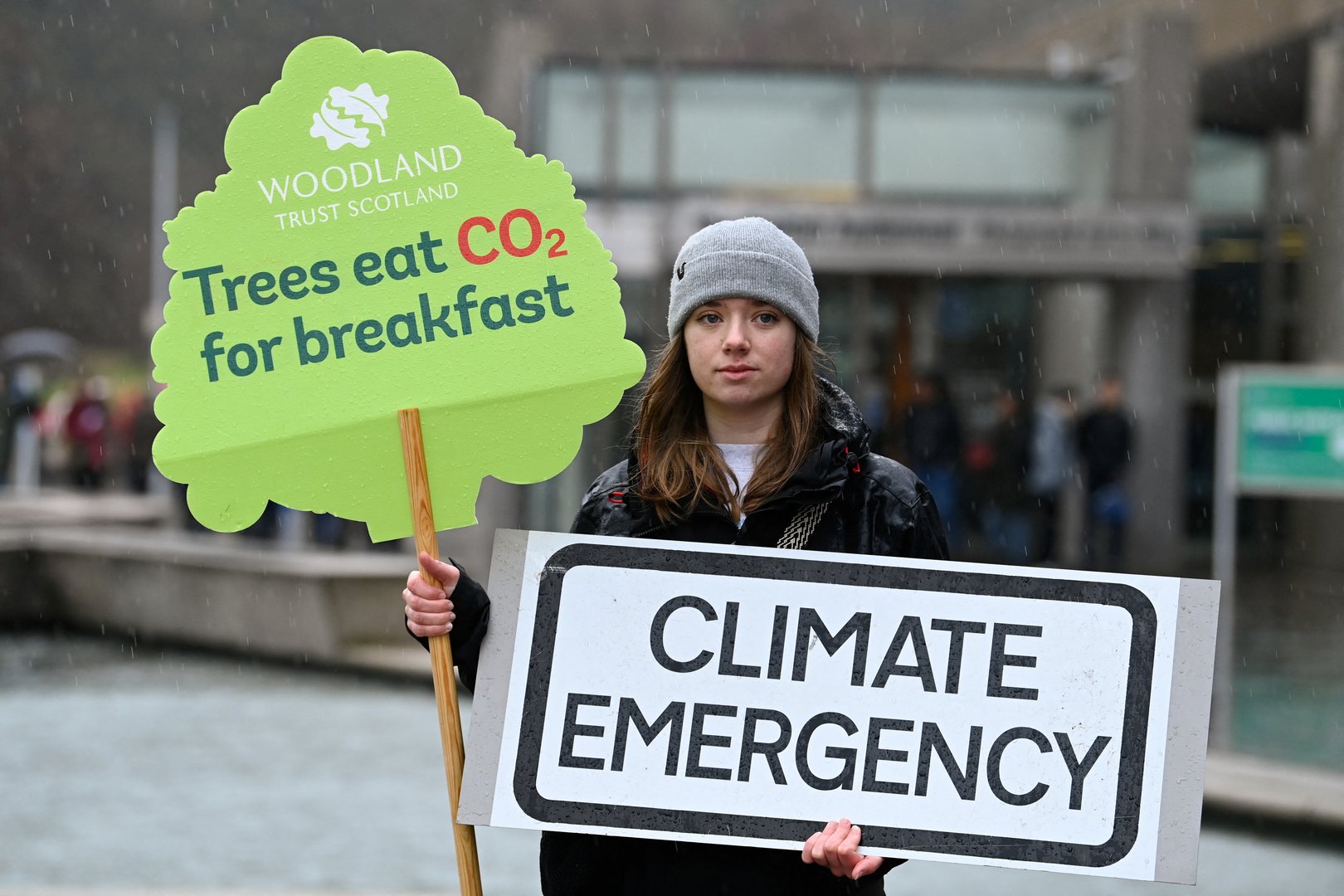‘It is clear that we must act urgently, decisively and collectively’
The annual UN global climate summit COP28 is taking place in Dubai this year. It started on November 30 and will be end on Tuesday. With global temperatures hitting record highs and extreme weather events occurring more frequently, and affecting the whole world, this COP is crucial, taking stock of progress on the Paris climate agreement and the course to 2030.
As COP28 enters its second, and decisive, week, it is timely to review what has been achieved so far and what is coming next. A strong start has been made, with eight new, and important, declarations focused on adaptation and mitigation that, once implemented, can move the needle on global warming, supported by new funding pledges.
Cyprus is party to this and it important to consider the implications on its climate plans.
Declarations
Top of the list of new declarations is the commitment to triple global installed renewable energy generation capacity to at least 11,000GW and double the global average annual rate of energy efficiency improvements from around two per cent to four per cent every year until 2030, endorsed by 124 countries. In addition, a commitment has been made by 20 countries to triple nuclear energy by 2050.
A total of 55 companies, including 29 national oil companies signed the ‘Oil and Gas Decarbonisation Charter’ (OGDC), committing to zero methane emissions and ending routine flaring by 2030, and to total net-zero operations by 2050 at the latest.
The Industrial Transition Accelerator (ITA), that will “accelerate decarbonisation across key heavy-emitting sectors and encourage policymakers, technical experts and financial backers to work hand-in-hand with industries to unlock investment and rapidly scale the implementation and delivery of emissions-reduction projects,” has been adopted by 35 companies and six industry associations.
The ‘Global Cooling Pledge’ has been endorsed by 64 countries. It is targeting to reduce global cooling emissions by 68 per cent by 2050. Cooling accounts for seven per cent of global emissions, and it is expected to triple by 2050.
In a first ever, 144 countries have signed the ‘Agriculture, Food and Climate’ declaration that recognises the critical role of agriculture and food systems in addressing climate change. It aims to promote “food security and nutrition, strengthen the integrated management of water in agriculture and food systems, and maximise the climate and environmental benefits associated with agriculture and food systems.” This is supported by a number of other initiatives and an initial funding of $2.5billion.
The Declaration on ‘Climate Relief, Recovery & Peace’ has been endorsed by 75 countries and 40 organisations. It aims to mobilise enhanced financial support and increase investment for climate adaptation and resilience.
There was also support by 133 countries for the ‘Climate and Health’ declaration that emphasises the importance of integrating health into climate policies.
The Coalition for ‘High Ambition Multilevel Partnerships’ (CHAMP), that aims to identify and strengthen levers to increase and accelerate the deployment of climate finance to enable cities and local governments to respond to the climate crisis, has been endorsed by 65 countries.

Record numbers of delegates have attended the event
Cyprus pledges
President Nikos Christodoulides addressed COP28 on November 30 and referred to the rapid effects of climate change in Cyprus and the region. He also talked about the steps needed to be taken in Cyprus to implement the eastern Mediterranean regional climate action plan, adding that “it is clear that we must act urgently, decisively and collectively.” Let’s hope that this now receives the priority it deserves.
Cyprus committed to a number of initiatives, including the following key declarations:
– To triple renewables and double energy efficiency by 2030
– Sustainable agriculture, resilient food systems and climate action, the aims of which are described above
– Climate health
– Gender-responsive just transitions, strengthening women’s participation
– Powering past coal, even though Cyprus does not really use coal!
What is important now is to include these in the updated ‘National Energy and Climate Plan’ to 2030 and implement them. Tripling renewables and doubling energy efficiency by 2030 would bring great benefits to the island and should now become top priority.
Interestingly, according to a survey carried out by the European Investment Bank, seven out of ten Cypriots say “they would be willing to pay more income tax to help lower-income households cope with the costs of green transition, while a little over half regard climate change impacts as a major concern.”
With the majority of Cypriots supporting green energy transition, and the EU setting ambitious goals, there should be nothing preventing Cyprus from living up to its words, quite the opposite.
Funding
Over $83billion has been pledged or contributed so far in support of the above initiatives, including $726million for the ‘Loss and Damage’ Fund, that has finally been put into operation at this COP, $12.8billion for the ‘Green Climate Fund’ and $30billion for the ‘Catalyst Climate Fund’ (ALTÉRRA) announced by the UAE. More funding is expected during the second half of the summit.
In addition, Multilateral Development Banks (MDBs), led by the World Bank, jointly committed $61billion of climate finance for low and middle-income economies.
Entering the home-straight
With about 100,000 delegates and 200 countries participating, this is by far the largest COP ever, demonstrating how much climate has risen up the global agenda. It includes a record number of fossil fuel participants, over 2,400, slammed by activists but welcomed by others who see it as an opportunity to bring the sector on board with climate action.
With so many new well-supported declarations and funding pledges, COP28 can already claim success.
As COP28 progresses into its second and final week, the focus will be on fossil fuels. The summit’s draft Global Stocktake agreement includes all possible options: phase-out, phase-down or do nothing. It remains to be seen what the final choice will be, but this should not detract from the achievements made to-date.
By the end of play, attention will shift to finalising the Global Stocktake, that is bound to be the subject of intense political discussions and negotiations. Executive secretary UN Climate Change Simon Stiell called on governments to deliver bolder climate action. He emphasised that “COP28 must deliver a big switch: not just ‘what’ governments must do, but also ‘how’ to get the job done.”
Moving forward, the critical task will be to take all the agreed declarations and funding pledges into reality through swift implementation.
Dr Charles Ellinas, Senior Fellow Global Energy Center, Atlantic Council






Click here to change your cookie preferences